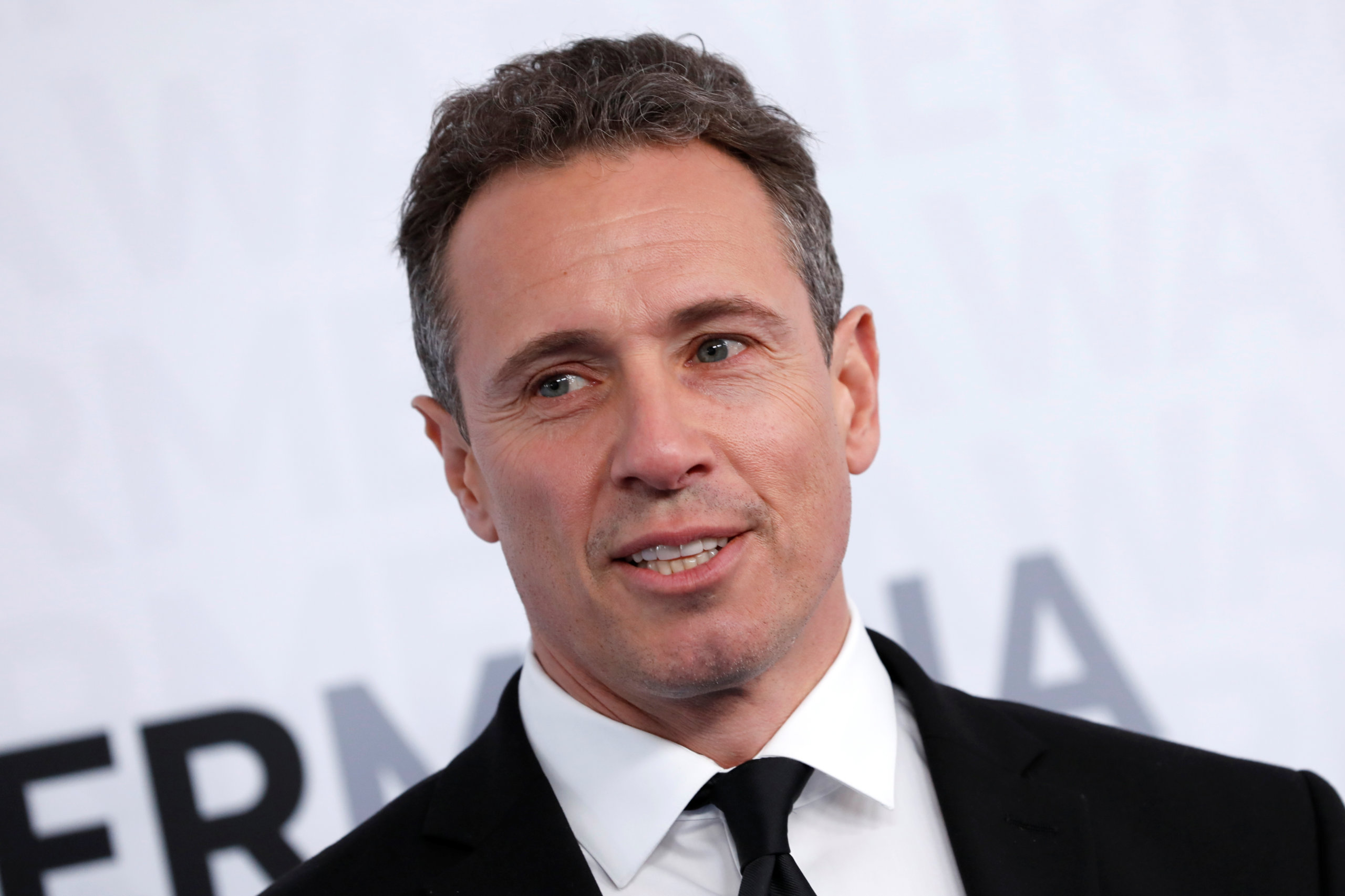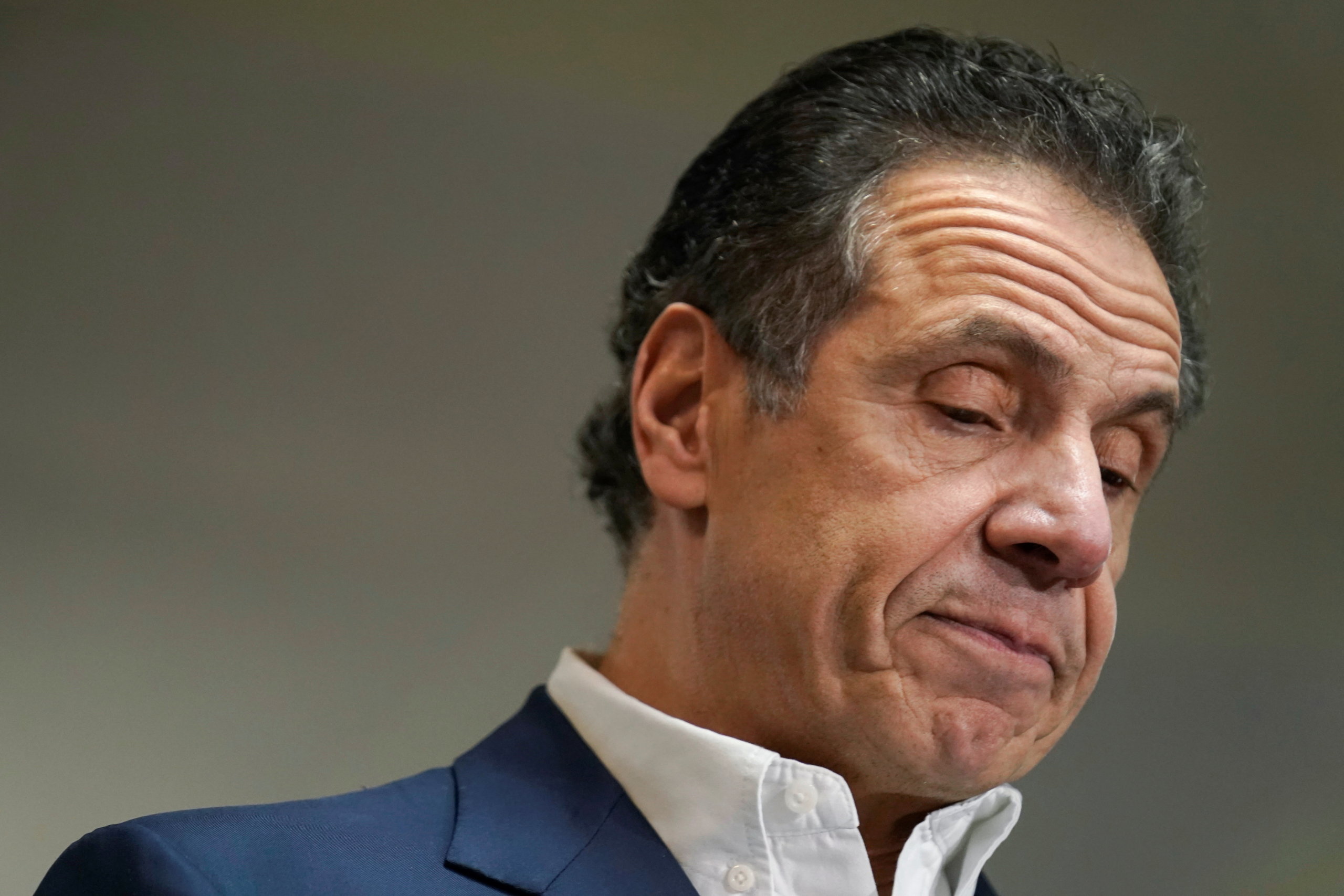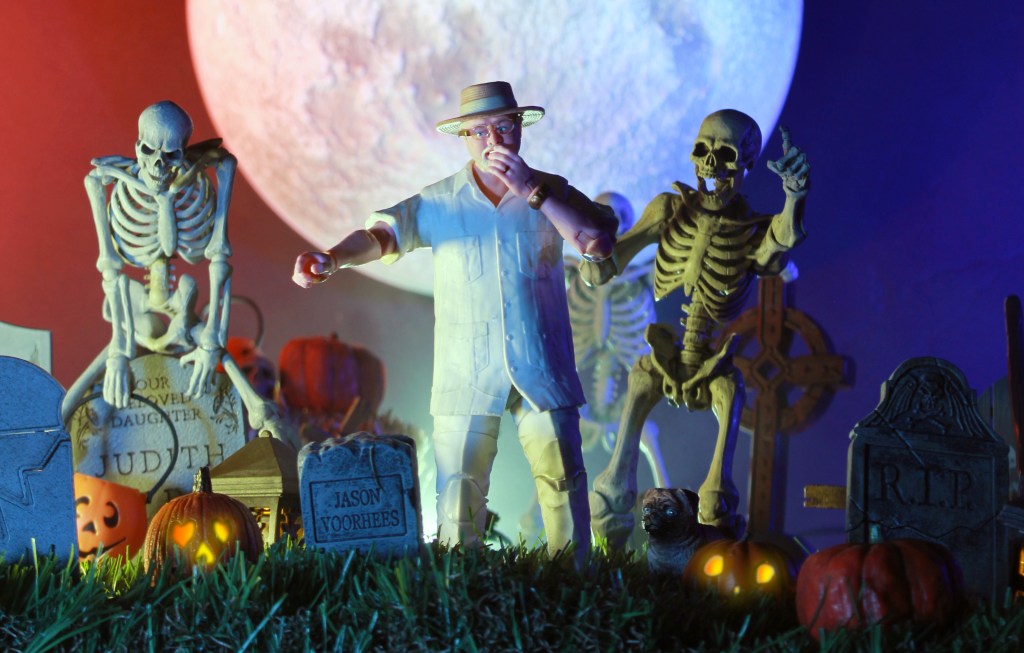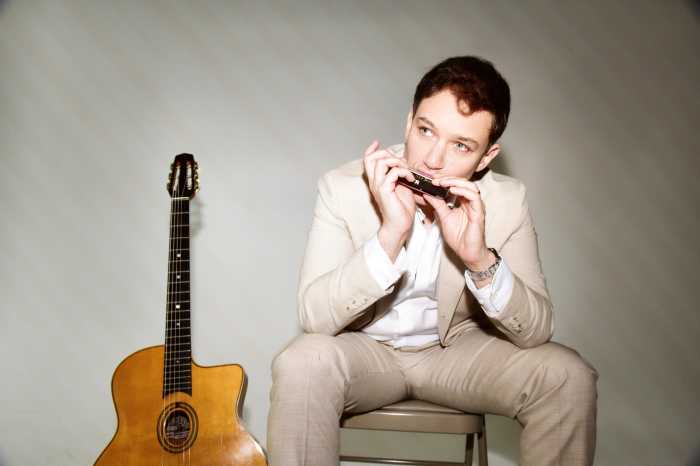Cuomo's Impeachment Probe Takes Hamptons Star Turn

Two weeks into the coronavirus lockdown in March 2020, as New Yorkers underwent a collective crash course on surviving a 100-year global pandemic, a delivery arrived at CNN anchor Chris Cuomo’s Southampton home. A top aide in the New York State Department of Health, reports say, brought a then-hard-to-secure COVID-19 test, courtesy of the broadcast journalist’s older brother, Gov. Andrew Cuomo.
The Cuomo Prime Time host announced on his show March 31, 2020 that he tested positive, and continued broadcasting from his basement to much fanfare, including appearances on the governor’s then-daily, Emmy-winning news briefings. But a year later, that virus test — and the laws possibly broken to make it happen — has joined the snowballing number of accusations of misconduct the New York State Assembly’s judiciary committee is investigating amid another maelstrom that hasn’t enveloped the Empire State in a century: impeachment hearings questioning the governor’s deeds.
“While the Assembly investigation will look into those allegations, the committee’s primary focus remains an investigation into issues related to sexual harassment, the nursing homes and bridge safety,” Assemblyman Charles Lavine (D-Glen Cove), who chairs the committee overseeing the gubernatorial impeachment proceedings, says of the tests.
The bridge inquiry eyes whether the administration glossed over potential structural concerns with the construction of the nearly $4 billion Mario M. Cuomo Bridge, which replaced the Tappan Zee Bridge and is named for the governor’s father. The sexual harassment allegations — from eight women as of press time, including current and former aides to Cuomo — are also being investigated by New York State Attorney General Latisha James’ office. And the claims that the governor’s team deliberately undercounted the state’s nursing home death toll are additionally targets of federal probes. The governor has bucked calls to resign.
If true, the allegation that the governor fast-tracked virus tests for friends, family, and others raises the question of whether he or his staff violated state laws against public officials granting such favoritism. State law prohibits government officials from using “his or her official position to secure unwarranted privileges or exemptions for himself or herself or others, including but not limited to, the misappropriation to himself, herself or to others of the property, services or other resources of the state for private business or other compensated non-governmental purposes.”
The Albany Times-Union first reported the allegations that the governor prioritized COVID-19 tests for VIPs on March 24. The Washington Post further revealed on March 29 that extra resources were dedicated to the governor’s little brother. Both newspapers cited anonymous sources and reported that state Troopers rushed tests to The Wadsworth Center, the state health department’s lab in Albany, in some of the allegedly prioritized cases.
“Among Cuomo relatives, Chris Cuomo’s family received attention that appeared to go beyond that of others, receiving multiple visits at their Hamptons home from Department of Health physician Eleanor Adams, according to two people familiar with the visits,” the Post reported.
Dr. Adams, an epidemiologist, was promoted in August to special advisor to State Health Commissioner Dr. Howard Zucker a month after the state released a report on nursing home data in which she was the lead author. She was accused in March of helping edit out of that report the true death toll statistics that nearly 10,000 nursing home patients died of COVID-19, as opposed to the 6,432 the administration had acknowledged at the time.

“The recent reports alleging there was preferential treatment given for COVID-19 testing are troubling,” a spokesman for the state attorney general’s office said in a statement. “While we do not have jurisdiction to investigate this matter, it’s imperative that [Joint Commission on Public Ethics (JCOPE)] look into it immediately.”
State Senate Minority Leader Robert Ortt (R-Erie County) agreed, and filed a formal complaint with JSCOPE the day after the news broke.
“It does not take a stretch of the imagination to see a clear connection between Gov. Cuomo using his official position as the head of state government and the unwarranted privileges provided to his own family members and close associates,” Ortt wrote. “Obviously, while these actions would be egregious during normal times, they are particularly unconscionable because they occurred early on during the pandemic, at a time when testing was in short supply and high demand.”
But the Cuomo appointees who run JSCOPE are unlikely to investigate the governor, critics have said. The governor’s office denied the testing allegations.
“We should avoid insincere efforts to rewrite the past,” Cuomo spokesman Richard Azzopardi said in a statement. “In the early days of this pandemic, when there was a heavy emphasis on contact tracing, we were absolutely going above and beyond to get people testing.”
Those efforts included “in some instances going to people’s homes — and door to door in places like New Rochelle — to take samples from those believed to have been exposed to COVID in order to identify cases and prevent additional ones,” the statement added. Among those assisted, “were members of the general public, including legislators, reporters, state workers and their families who feared they had contracted the virus and had the capability to further spread it.”
CNN also downplayed the controversy.
“We generally do not get involved in the medical decisions of our employees,” the network said in a statement. “However, it is not surprising that in the earliest days of a once-in-a-century global pandemic, when Chris [Cuomo] was showing symptoms and was concerned about possible spread, he turned to anyone he could for advice and assistance, as any human being would.”
Chris Cuomo had conducted a series interviews — which some critics called gentle or even comical — on CNN with his older brother during the pandemic. But after the nursing home and sexual misconduct scandals broke, the network said its conflict-of-interest policy meant that Chris Cuomo could not report on the governor. The anchor has remained silent on the testing allegations.
The CNN host’s test came at a pivotal time in the first wave of the coronavirus pandemic. The U.S. Centers for Disease Control was processing all COVID-19 tests in Atlanta until February 29, 2020, when the state got approval to perform tests at the Wadsworth lab. Nine days later, after calls grew louder to expand testing, the U.S. Food & Drug Administration approved private hospitals to perform tests. The first drive-through test site on Long Island opened at Jones Beach State Park on St. Patrick’s Day — the same day restaurants were ordered to serve takeout only for three months amid statewide stay-at-home orders.
It wasn’t until months later that tests became more widely available to the general public. Chris Cuomo acknowledged as much on CNN while discussing his case in a segment that aired two days after he was diagnosed.
“We’re so far behind on testing,” he told Anderson Cooper. “We’re telling ourselves these lies on testing. We’re nowhere near where we need to be and we’re not going to be in this wave.”
The governor has also acknowledged that his family sought his help with testing.
“I knew we were in trouble when four of my family members called asking how they could get tested,” the governor wrote in his book, American Crisis: Leadership Lessons from the COVID-19 Pandemic, which Crown Publishing Group has halted reprints and promotions for following Cuomo’s cascading scandals.
And that trouble appears to have landed right on the doorsteps of the governor’s mansion and Chris Cuomo’s Southampton home.
-With Reuters









